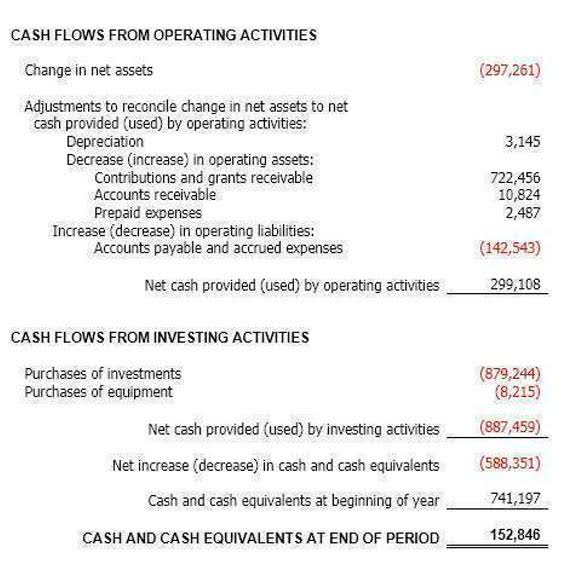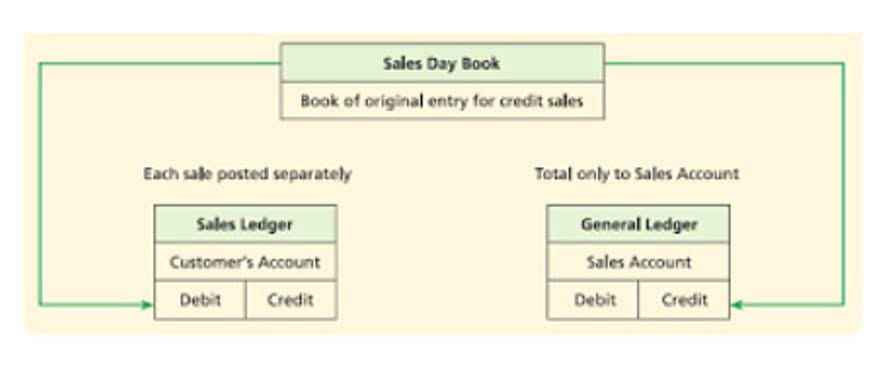
The purpose of establishing Incoterms, such as FOB and CFR, was to facilitate trade by providing standard contract terms. This standardization allows for easy understanding of responsibility, regardless of the language spoken. FOB is just one of the many complexities of dealing with varying sales tax rules across multiple states. The selection of an appropriate Incoterm, including FOB, depends on the specifics of the trade deal. Only once the goods have safely reached their intended destination does the ownership transfer from the seller to the buyer.
Want More Helpful Articles About Running a Business?
Once the treadmills reach this point, the buyer assumes responsibility for them. The manufacturer records the sale at the shipping point, at which time they also make an entry for accounts receivable and reduce their inventory balance. As the shipping costs have already been paid, the amount is owed to the seller. Buyers’ views on FOB largely depend on their familiarity with shipping, an intimidating process for novices. FOB is generally more favorable to buyers with a background in international shipping. The term is also widely used across diverse modes of transport, including sea, air, and inland waterways.
- An FOB shipping point agreement is signed and the container is handed off to the freight carrier at the shipping point.
- Just enter the dimensions and weight of your goods and specify the port of shipment, and you’ll get your FOB price calculation instantly.
- On December 30, the seller should record a sale, an account receivable, and a reduction in its inventory.
- You’ll learn about freight prepaid options, when freight collect makes sense, and how these terms affect your bottom line and supply chain.
- You will see these terms as part of the International Chamber of Commerce (ICC)’s collection of global commerce terms, known as Incoterms.
Use a freight forwarder
FOB Doesn’t Decide Legal IssuesFOB terms don’t say where legal disputes should be handled. So, depending on whether it’s FOB Origin or FOB Destination, either the buyer or the seller is in charge of the goods during shipping. The buyer records the purchase, accounts payable, and the increase in inventory on January 2 when the buyer becomes the owner of the goods. By grasping the intricacies of FOB, businesses can navigate the complexities of global commerce more effectively, ensuring smoother transactions and better risk mitigation. This can be particularly beneficial when handling specialized goods, navigating congested shipping lanes, or managing a tight supply chain that requires precise timing. We were a small shop in Texas, however, so we weren’t in Southern California to deal with U.S. customs and had no expertise in that area.

Loss or Damage During Transit

They cover the freight charges and may want to purchase insurance to protect themselves if any of the shipment is lost or damaged. The term FOB shipping point is a contraction of the term Free on Board Shipping Point. It means that the customer takes delivery of goods being shipped to it by a supplier once the goods leave the supplier’s shipping dock. Since the customer takes ownership at the point of departure from the supplier’s shipping dock, the supplier should record a sale at that point.
Time Value of Money

Cost, insurance, and freight (CIF) and free on board (FOB) are international shipping agreements used in the transportation of goods between buyers and sellers. They are among the most common of the 11 international commerce terms (Incoterms), which were established by the International Chamber of Commerce (ICC) fob shipping point in 1936. FOB is only used in non-containerized sea freight or inland waterway transport. As with all Incoterms, FOB does not define the point at which ownership of the goods is transferred. The term “shipping point” might seem straightforward, but when paired with FOB, it takes on a much more nuanced meaning.
- FOB offers flexibility, cost savings, and clear allocation of responsibilities.
- Of the 11 different incoterms that are currently used in international freight, Free on Board (FOB) is the one that you will encounter most frequently.
- While shipping costs drop, many buyers don’t like this arrangement, especially for big or fragile orders.
- The seller assumes the risk of loss of or damage to goods during transportation because the seller owns the goods during transit.
- Sellers like FOB shipping point arrangements because they relieve them of the responsibility of the cost and liability of shipping goods.

